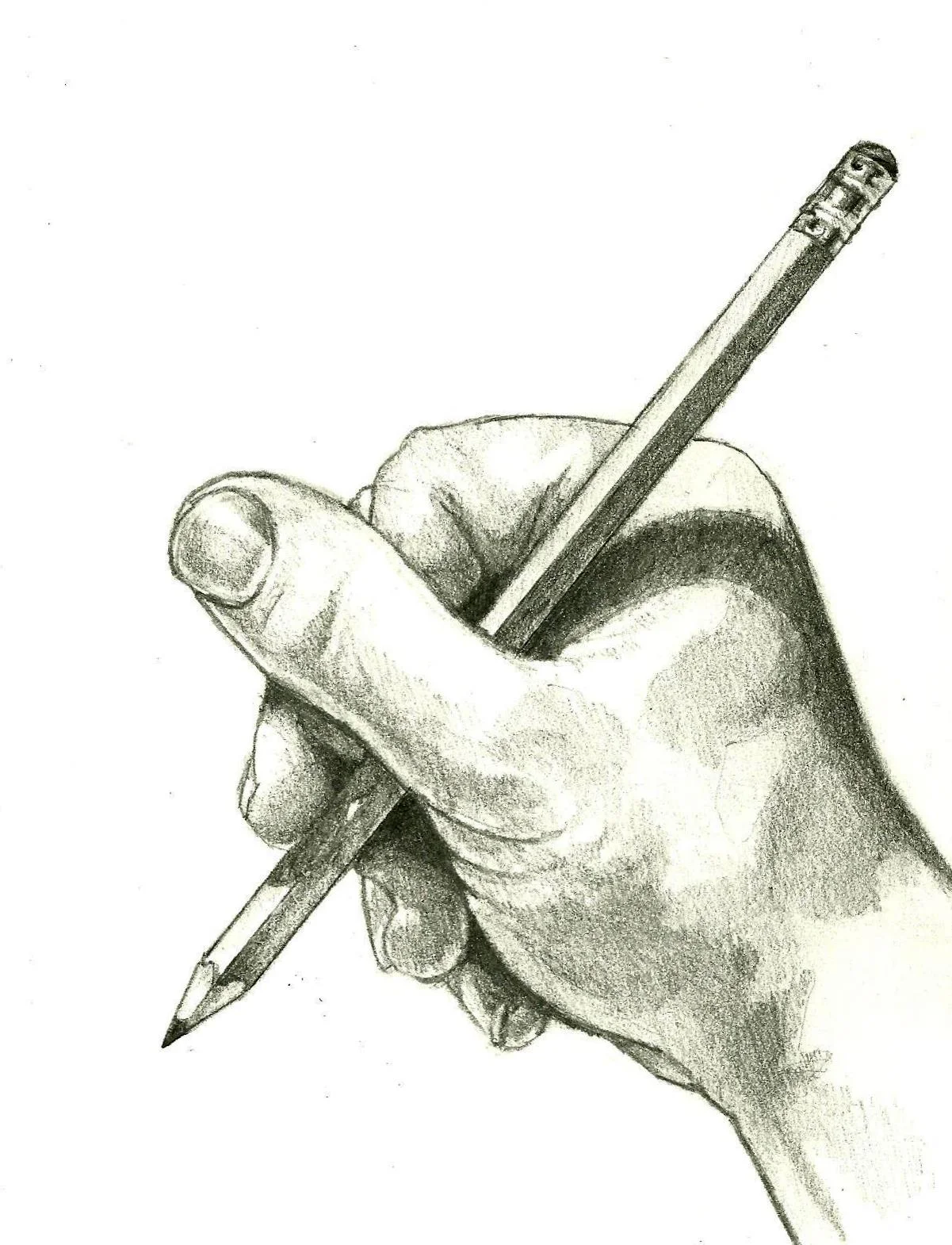I love children's art. I find it refreshing and honest, pure and profound. I learn a lot from observing and hanging out with young children. They have a way of showing us things that we once knew, but have somehow forgotten or left behind.
Do you remember the first time you picked up a crayon or marker, pen or pencil and discovered that you could make marks on paper (or other surfaces) with them? Well I don't, but I do remember enjoying myself and being very content to scribble pictures, laying belly-down on the floor with a stack of paper and scribbling sticks. I would draw for minutes or hours, making visual narratives as documentation of my exploration of both my inner and outer worlds. Even at such a young age, I felt the power of creativity, as the master of my imagination. It was fun to draw and it felt good.
I was about to write that "I'm grateful that my parents encouraged us kids to draw", but they didn't really do that; they didn't have to. Instead, what I am truly grateful for is that my parents never discouraged us from drawing. They never once said anything that made us question if what we were doing was worthwhile. Not once did my Mom or Dad say anything that made us feel like we were not good enough to draw or paint. They didn't critique our drawings, or persuade us to do something 'more productive' with our time. For this I feel thankful, for I was one of the lucky ones who made it beyond the age of six, or seven or eight without the seed of artistic self doubt planted and germinated in my mind.
I think that all of us are innately creative and enjoy drawing and painting for the first several years of our lives. But at some point in our development, as we become more self-aware, many of us experience a shift in regards to how it feels to draw. For one reason or another, we get the idea that if our drawings don't look 'perfect', than we shouldn't even bother to try. We start to tell ourselves the story that "I'm not good at this" or "this is not my thing". For a lot of people this marks the premature end of a critical part of their creative and cognitive development. Ending the practice or activity of drawing not only stops a certain kind of perceptual searching and exploring, but it also removes a powerfully therapeutic tool from our human tool box.
What a shame, to make something so beautiful and primal tainted with expectation and nasty judgment! Its fascinating to me how self-critical we can become around our drawing, as if we were supposed to be born with the skill of a renaissance master! Some kids have such an aversion to drawing it seems like it has been used on them as a punishment. Why should something that once offered us lighthearted joy be corrupted into an uncomfortable, even embarrassing experience? And what's up with the obsession of drawing something perfect or not at all? Why are some of us so terribly afraid to fail? Where does that come from?
Regardless of how this fear of drawing has come to be an epidemic, there are some simple things we all can do to reclaim our relationship with drawing. I would like to offer you what I think is one of the most important ways to fight artistic atrophy: relax. For real, don't take yourself so seriously. Lighten up and put things into context for a moment. So what if you mess up? What, are you not allowed to make mistakes? If you don't give yourself permission to make mistakes than you are cutting yourself off from the most powerful learning tool there is. Mistakes give us the best feedback. If you take yourself too seriously you will 'miss' the opportunity to 'take' the lesson. Cut yourself some slack and enjoy your blunders; you're only human.
Now go grab a piece of paper and something to scribble with.
